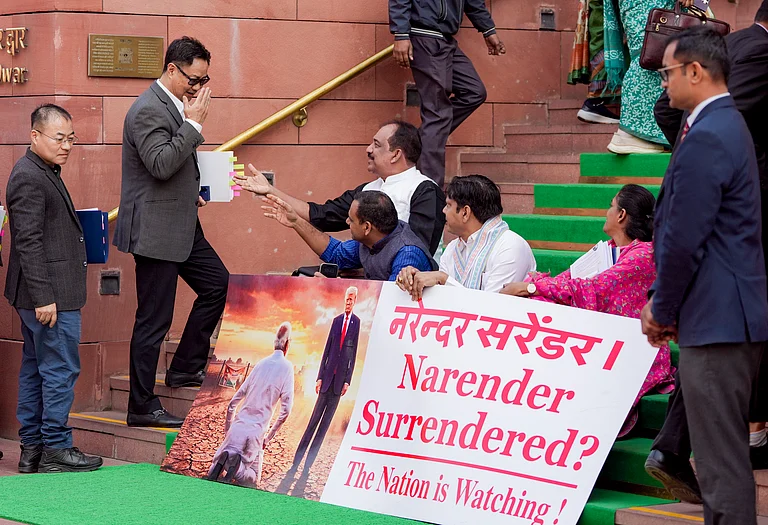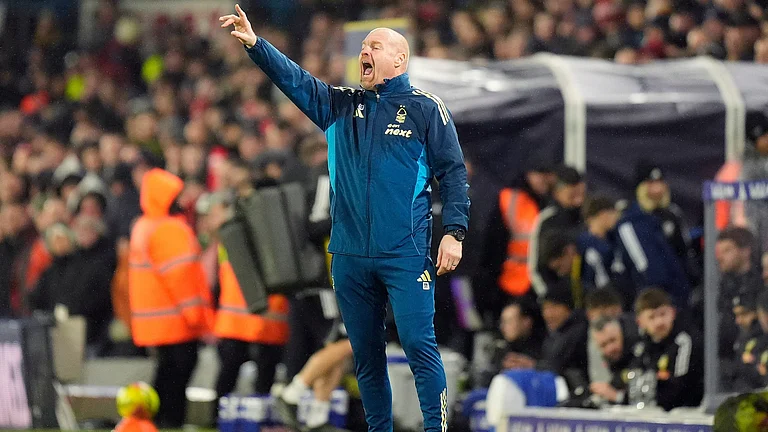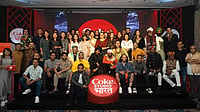‘Tanaav’ which is currently streaming on SonyLIV is set in 2017 and revolves around the conflict between the state-run Special Task Group (STG) and insurgents in the Kashmir Valley. Directed by Sudhir Mishra and Sachin Krishn, the series stars Manav Vij, Arbaaz Khan, Danish Husain, Ekta Kaul, M. K. Raina, Rajat Kapoor, Satyadeep Mishra, Shashank Arora, Sumit Kaul, Sukhmani Sadana, Waluscha De Sousa and Zarina Wahab.
Tanaav is a remake of the Israeli TV series Fauda and Sachin Krishn says that the subject sits well with the Indian context. He also spoke about the selection of the cast along with bringing his ideology to the unwavering representation of Kashmir in Indian cinema
Excerpts from the interview:
Q. The show is an Indian adaptation of an Israel series so what hooked you about this original series that you thought about making a remake?
Yes. Tanaav is the adaptation of the cult series Fauda. It is no rocket science that the subject sits rather well in the Indian context…but unlike the issue out there, where two separate entities, Israel and Palestine are fighting for their causes, the conflict here is much more sensitive for the simple reason that it is the people of the same country fighting against each other for their beliefs and causes. The initiative to remake Fauda was taken by applause, who was very kind to approach me and Sudhir to adapt it and remake it in the Indian context.
Q. Is Taanav similar to Fauda scene by scene or is there something that you represented differently keeping the Indian audience in mind
More than the audience, care had to be taken to keep the Indian ethos and the Indian issues in mind. Like I said earlier, the issue becomes much more sensitive here just for the fact that we are not fighting some outside entity, but the battle is within….so whether you lean here, or lean there… you are going to end up offending your people… making this adaptation a real tightrope….care was thus taken to be extremely objective, balanced, and sensitive to all involved in the narrative, be it the militants, or the forces….
Q. How did you decide on the star cast for example Arbaaz Khan?
The entire cast was decided based on the screenplay and who fitted the bill for which character best there were extensive auditions, workshops, and look tests with all actors involved, whether it is the seasoned Arbaaz Khan or a newbie the idea was to make the show as real as possible, so also the attempt was to rope in as many Kashmiri speaking actors as we could even though at the cost of letting go of some big-ticket names in the process in favour of authenticity a gambit, that clearly seems to have paid off.
Q. The unwavering representation of Kashmir in Indian cinemas so how did you bring your ideology to show this story differently especially keeping the sensitivity of the people in the valley in mind?
Tanaav is not as much a comment on the socio-political scenario that envelops the valley as it is about that atmosphere infecting the personal lives of those involved. It is more a love story, a hate story, a story of jilted love, of unrequited love and of hate, jealousy, and inner turmoil in the personal lives of all those involved, the militants and the forces, and how they are all forced to cope with this palpable tension in their personal lives. In a war, there are no winners and suffering is universal. I am sure that as he watches Tanaav, a young local from the valley who is the first to pelt stones at the forces, will identify with the unfolding on the screen as much as the soldier who deflects that stone with his shield. That was the conscious attempt in developing this very sensitive, very delicate story.
Q. How was the experience shooting in Kashmir for 100 days especially when because of tension there are hardly any filmmakers going to that location?
Before we went to Kashmir, we were of course slightly wary courtesy of all the news that we received sitting so far away in Mumbai….but from the moment we took our first steps there, the place began to unfold for us like a story untold different from all that we had heard about it. The people were extremely warm and courteous, the governments and forces were absolutely supportive, even the weather, consistently welcoming so much so that I would go to the extent of saying that in all the shoots that I have done in my career and it has been a long career, shooting in Kashmir was one of the most peaceful, sorted and fun.
Q. What next after this?
I am working on two features and a web series that I have written myself and am in the process of setting them up apart from reading all the scripts that are being offered to me to direct. Fingers crossed.


























